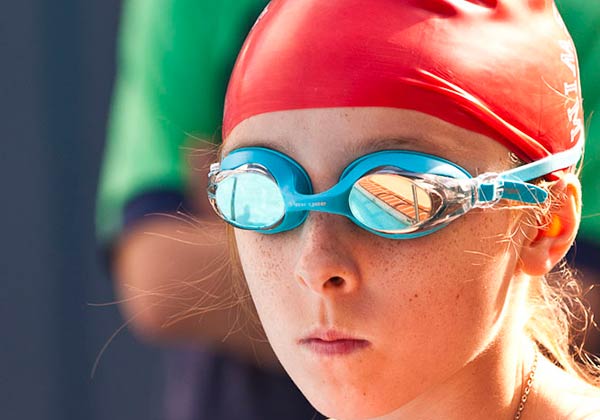High School Squad Swimming: Why You Should Encourage Your Child to Continue Swimming Lessons in High School
High School Squad Swimming
Early teens and high-school students are spending less time participating in physical exercise, and indications suggest that this age group is engaging or playing sport for less than an hour a week.
When it comes to the pool, a significant decline in participation is recorded in children of the primary to high school transition age group (12 to 13 years).
So why do our kids stop swimming?
With the additional academic pressures and challenges associated with the transition to high school and settling into Year 8, it is often an easier choice for students to drop their extra-curricular activities, like swimming, at this time. Some might believe that swimming is now ‘uncool’, while a lowered self-confidence and body image attributable to the physical and emotional changes the child is dealing with may be the reason some are discouraged from attending swimming.
Others might now lack the motivation to compete or train, an activity they once enjoyed. With this age group being seen to now be engaged more than ever in sedentary activities (due to the Internet and television), one of the biggest challenges today’s society faces is childhood obesity. So, as part of their efforts to help their teen maintain a healthy lifestyle, how can parents actively encourage and provide their high-school age child with the direction to find the time to keep swimming?
To keep teenagers motivated, swimming has to be fun!
 A teenager’s peers will play a very influential role in their lives, so create opportunities for the teenager to be active with their friends – which will of course provide them with a much-needed social interaction not available via virtual connections. Parents may find it a challenge to communicate with their child at this age, and being able to support a child’s sporting endeavours shows you care for them.
A teenager’s peers will play a very influential role in their lives, so create opportunities for the teenager to be active with their friends – which will of course provide them with a much-needed social interaction not available via virtual connections. Parents may find it a challenge to communicate with their child at this age, and being able to support a child’s sporting endeavours shows you care for them.
This may mean ensuring your teen has easy access to swim practice, which often means arranging transport and timetable options, as well as being properly fitted out with the right equipment including comfortable swimmers and a cap and goggles. However, being supportive doesn’t mean being pushy and intrusive; they will appreciate your subtle interest and encouragement.
It has been proven that children who participate in sports tend to stay active throughout their adult life, so it’s important not to turn a child off participation. Once started, teenagers will often find swimming provides them with the feeling of well-being, reduced stress, and increased strength and energy, which eventually leads to them gravitating towards the pool without nudging from a parent.
Other benefits of swimming
The even better news is that swimming often develops higher self esteem, contributes to better academic performance, and renders the child less likely to engage in undesirable behaviours (smoking, alcohol, drugs) than non-participants. Naturally, there are the physical benefits of swimming that will aid assist in preventing the onset of heart disease and diabetes and the like in later life.
With the daily stresses of school, peers and family life, most teenagers are full of excuses not to be active. Recreational swim squads provide an opportunity to exercise without being pressured to compete, and are an ideal outlet for the teenager to remain involved in an activity that is healthy and fun, and that develops their social and interpersonal skills.
We offer swimming squads in the South Side of Brisbane.
